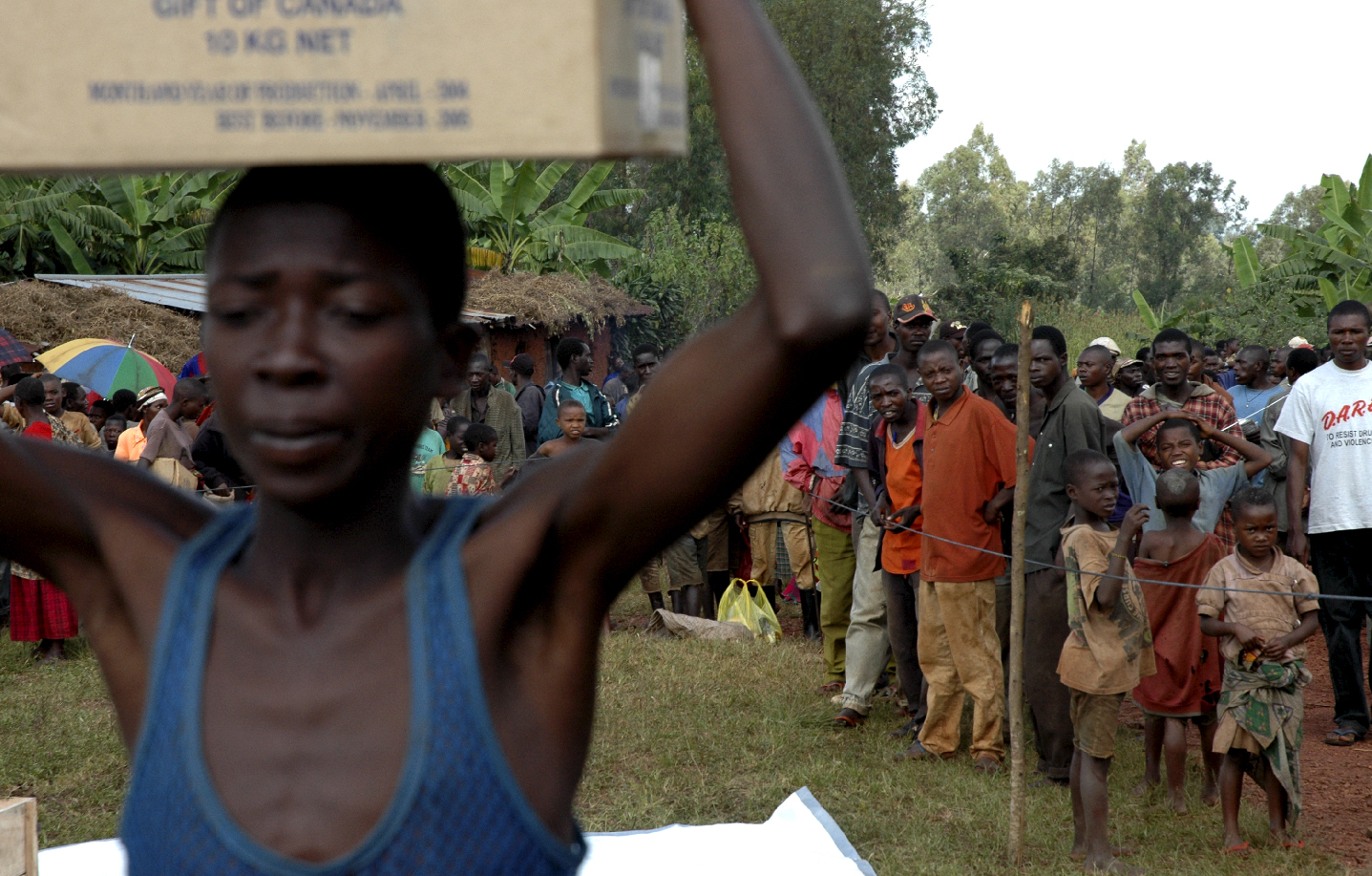The socio-economic impacts of the pandemic could increase food and nutrition insecurity across the globe

The United Nations World Food Programme (WFP) estimates that the number of young children suffering from acute malnutrition could increase by 20 percent as a result of COVID-19. Children under five are especially vulnerable to the socio-economic impacts of the pandemic. The latest Global Nutrition Report, a document released each year and produced by agencies and independent organisations, highlights the inequalities inherent in nutrition, with stunting and wasting being most prevalent amongst the poorest communities.
The WFP points out that the virus can have a devastating effect on small bodies already weak from poor nutrition. At the same time, the pandemic is having a ruinous effect on vulnerable families relying on a daily wage or a remittance. COVID-related lockdowns and movement restrictions are severely undermining livelihoods, exacerbating existing threats like conflict and weak health systems, making it especially hard for families in poorer nations to afford a nutritious diet. This impacts negatively on both elements of the double burden of malnutrition, which means the coexistence of micronutrient deficiencies and malnutrition, combined with overweight and obesity, in addition to chronic non-communicable diseases.
These consequences can increase the levels of food and nutritional insecurity, nutritional problems and mortality, especially the infant mortality rate. On the other hand, the increase in ultra-processed foods consumption at home, reduced physical activity levels and increased stress related to social distancing during this pandemic may also result in an increase in the prevalence of overweight and obesity levels.
Healthy eating during the pandemic
Although there is little evidence or recommendations about the link between food and COVID-19, it is known that adequate nutrition, balanced diets, hydration and the proper functioning of the immune system contribute to the recovery of individuals facing illnesses. Bearing this in mind, the Brazilian Ministry of Health, a partner of the WFP Centre of Excellence against Hunger in a project to combat the double burden of malnutrition, launched a guide on the role of adequate and healthy eating during the pandemic.
The WFP Centre of Excellence and the Brazilian Ministry of Health are joining efforts to mitigate the effects of the COVID-19 pandemic on the food and nutritional security of populations through a partnership signed at the beginning of the year.





